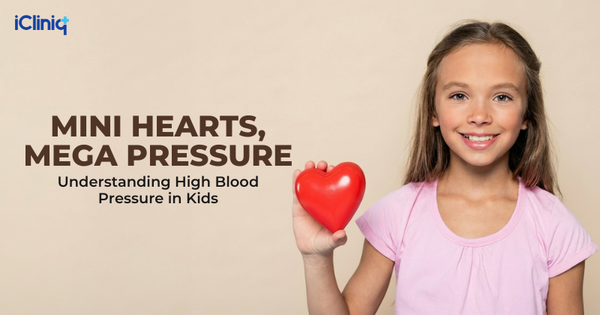Silent Signs of Heart Attack: When to Seek Help

- Not all heart attacks come with dramatic chest pain. Discover the silent signs that could save your life.
- Unexplained fatigue or mild discomfort? These could be silent indicators of a heart attack. Learn more.
What Are the Silent Signs of a Heart Attack?
We all have seen a particular picture of heart attacks portrayed in movies: when a heart attack occurs, the person feels extreme pain, puts their hands over their chest, is unable to move, has a frightened face, and the whole situation becomes very scary, right? But did you know that not all heart attacks have the same presentation? Some heart attacks come and go silently without any signs or symptoms. Although silent, they are even more dangerous than those with obvious symptoms. Why? These silent heart attacks are silent killers, as people do not realize they just had a heart attack. These heart attacks damage your heart muscle silently, and because of that, you do not seek any medical help. This results in permanent damage to the heart, leading to fatal consequences. When a heart attack comes with full signs and symptoms, immediate medical intervention prevents complications, and the damage to the heart muscle can be treated. However, in the silent ones, the same extent of damage occurs, but they do not receive medical treatment, which leads to more complications.
What Are the Silent Symptoms to Watch For?
Never ignore the following symptoms if you experience them, as they could be a sign of a silent heart attack:
- Mild Chest Discomfort: Unlike a heart attack with symptoms, a silent heart attack comes with mild chest discomfort, which will feel like slight pressure, squeezing, or fullness in the center of the chest. This episode can be intermittent and may last for a few minutes or come and go.
- Discomfort in Other Areas: When a silent heart attack occurs, you might feel pain or discomfort in one or both arms, the back, neck, jaw, or stomach. However, these symptoms are not immediately associated with heart conditions. Because of this, people do not realize the need to quickly go to the hospital or seek medical help, which results in delays in treatment.
- Shortness of Breath: The warning sign that you must look out for is shortness of breath without any exertion or experiencing difficulty breathing without any chest discomfort.
- Cold Sweats and Lightheadedness: A silent heart attack may cause cold sweats, nausea (feeling like you might vomit), or lightheadedness. Most people think it's a sign of flu and ignore it.
- Unexplained Fatigue: This sign can be seen more often in women. A silent heart attack might come with unusual fatigue, which occurs suddenly and is not always associated with physical exertion.
Who Is at Risk?
A silent heart attack usually affects people falling under the following categories:
- Older Adults: Older individuals are more prone to silent heart attacks, and symptoms can vary from person to person.
- Diabetes: Diabetic people are at high risk for these silent heart attacks. Diabetes affects the functioning of nerves, which reduces the pain sensation and masks the heart attack symptoms.
- Women: Although heart attacks occur more often in men than in women, women are more prone to silent heart attacks than men.
When to Seek Medical Help
The symptoms of a silent heart attack usually resemble gastritis (stomach upset) or flu. But, as you already know by reading the above symptoms, these symptoms could be a silent heart attack too. You must seek medical help immediately. Follow the American Heart Association's advice, which says, "Minutes matter. Fast action can save lives – maybe your own."
How Can You Prevent Silent Heart Attack?
It is always better to prevent a silent heart attack before it occurs. Here are the ways you can prevent it:
- Regular Check-ups: Always go for a regular check-up twice a year. This is an absolute need if you are obese, have a family history of heart attacks, smoke, consume alcohol, or deal with immense stress.
- Healthy Lifestyle: Quit smoking, alcohol, and junk food. Switch to healthy foods, fresh vegetables, fruits, nuts, etc. Engage in regular exercise or make yourself physically active. Avoid a sedentary lifestyle if you work remotely or have a desk job.
- Know Your Numbers: In your routine check-ups, always track your cholesterol levels, blood pressure, and blood sugar levels to manage risk factors effectively.
The Takeaways
All you need to do is be aware of silent heart attacks. Now that you know about silent heart attacks, share this information with others. Spread awareness, do not ignore silent heart attack symptoms, and seek medical help immediately if you experience them.





